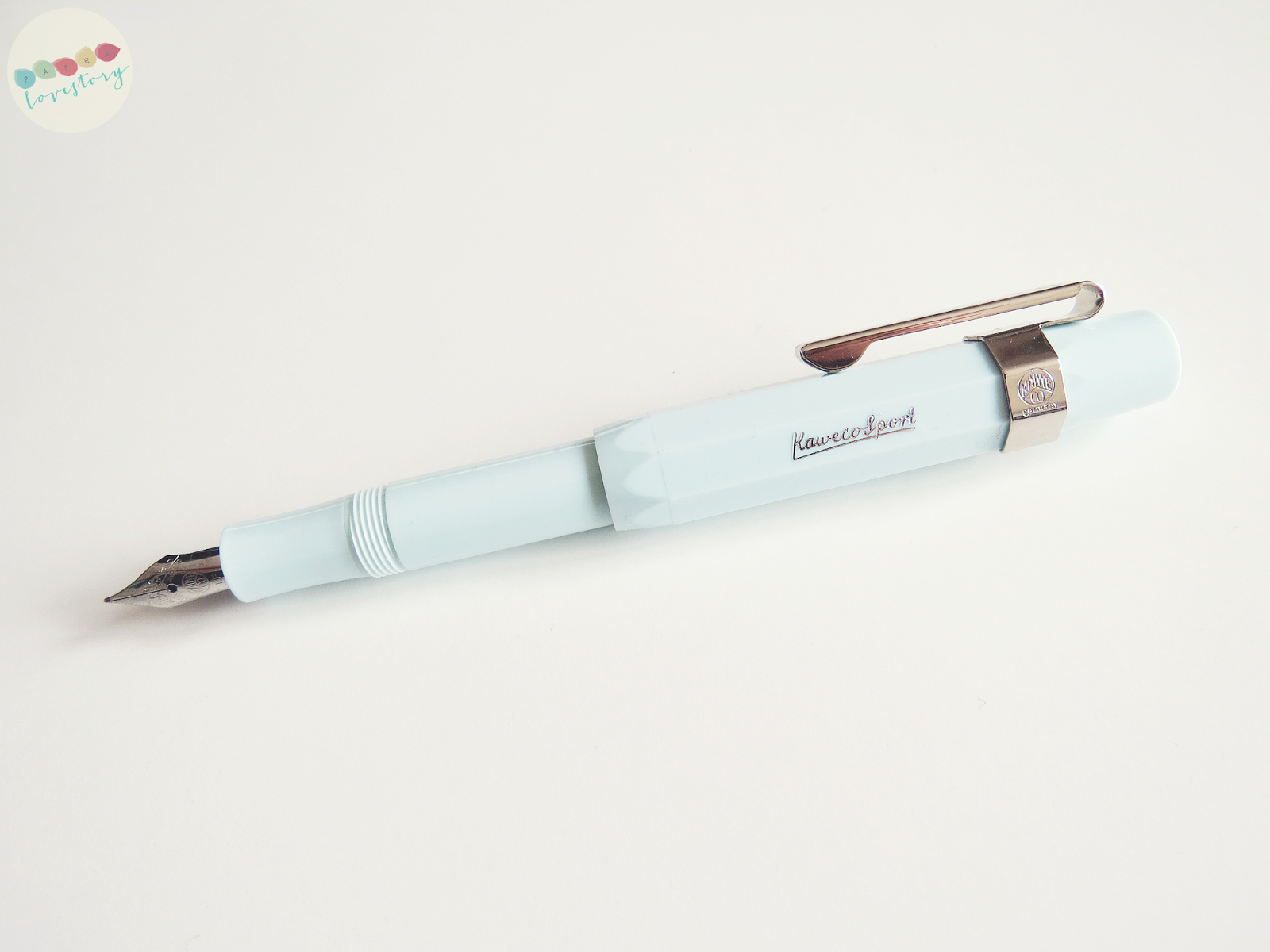The Basics: Weight, Paper, Size

The one thing I'm definitely liking is the weight of this planner. It is considerably lighter than a binder and is also thinner in terms of thickness. Furthermore, the A5 page size means that I'm no longer restricted with regards to what I write down. There is now ample space for daily planning, shopping lists and to-do lists.
The one gripe I have with the planner is the paper quality. Fountain pen doesn't suit it and neither does my Kuretake Zig Cocoiro.
You might notice that the elastic fastening that was originally present is no longer there - that's because it broke off. It would've been nice for it to still be fully functional but I'm not missing it that much either.


The vertical layout is one I've not used full-time before but I'm really liking it. The time slots mean that planning my days is a simple process but the days tend to end a bit too short for my liking - 7pm, really?
Monthly Planner Pages

I never used the monthly pages much whenever I had them in my binder. However, I've found myself using them as a blog planner instead and that seems to work pretty well. I can plan out when each post goes live and also ensure that I'm never out of ideas. The boxes are more than big enough for each day and the space at the side for random notes are great for jotting down anything and everything.
Note Pages and their Different Layouts

The different layouts on offer in this planner are just ridiculous. Ruled, plain, grid, half ruled and half plain - it seems all possibilities are present at the back of it.
Overall
I've really enjoyed these six months with this bound planner and I think that's the sort of style I'll be heading for again in 2016. Although the flexibility (in terms of set-up) isn't present, everything else weighs in its favour.



































